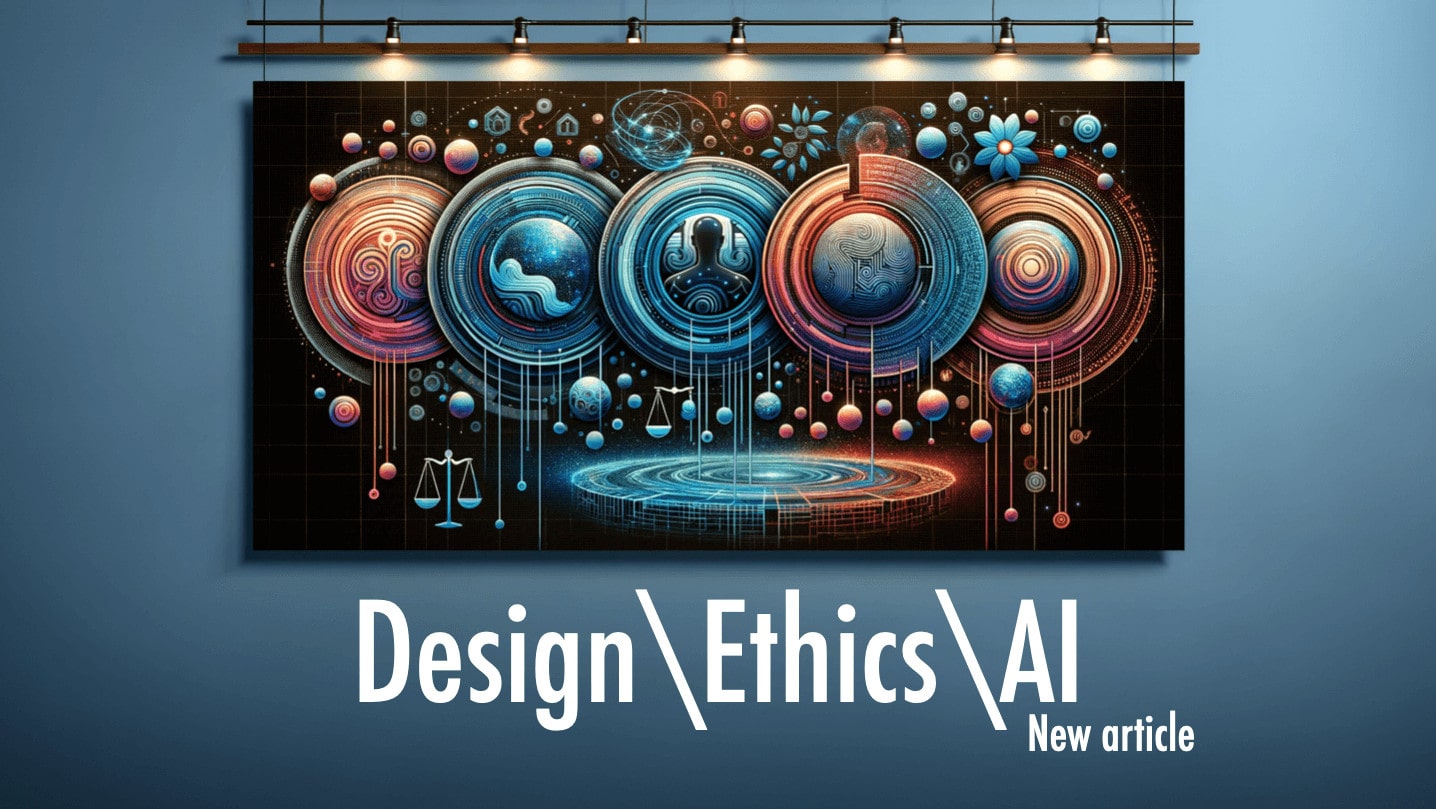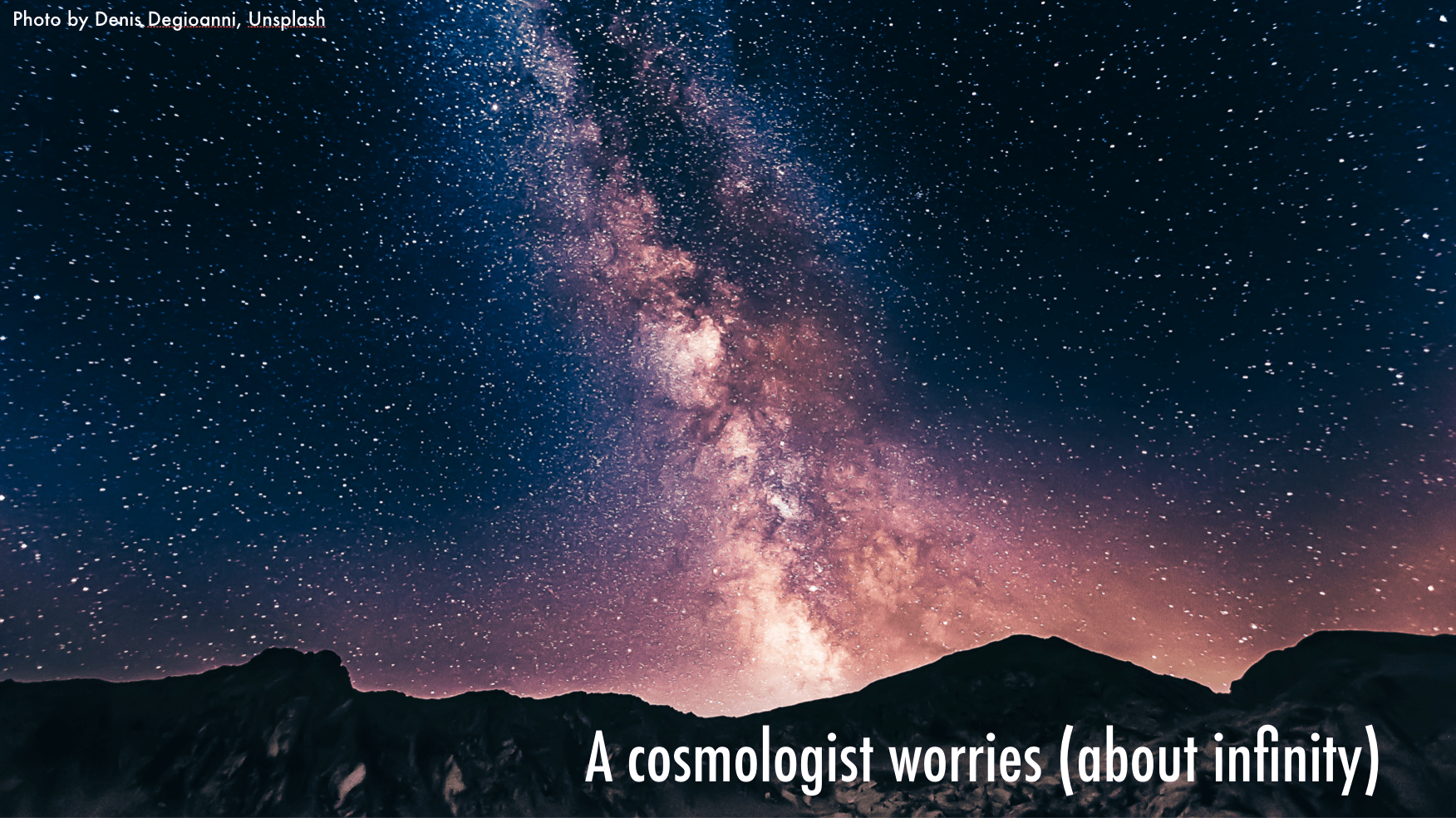Technologies like remote proctoring software and advanced language models are no longer futuristic concepts. They’re here, and they’re reshaping how we learn and how we teach. But with these advancements come critical ethical considerations. The deployment of these technologies in schools intersects with longstanding power dynamics and decision-making norms, which can both support or disrupt ethical practices.
We use the ‘five spaces for design in education’ framework to explore how these AI-driven tools are not just technological advancements but catalysts for broader systemic changes. These technologies challenge existing structures and open up discussions about equity, access, and fairness in education.
Two key paragraphs from the article (followed by a complete citation and link).
These five spaces can be thought of as sites bearing the consequences of previous design decisions (e.g., the decision to divide a school day into periods). They can also be thought of as sites for contestation where stakeholders working toward solutions using emerging technologies often experience unexpected resistance. More idealistically, they can be thought of as sites for reimagining possibilities (Beghetto, 2021). In other words, because almost everything is designed, from the shape and size of a desk to the culture of school-going, almost everything can be redesigned. Lastly, the spaces can be thought of as scales of a design problem, and the framework is a tool to think across these scales.
In this paper, we will use the five spaces for design in education framework to investigate the ethics of two emerging technologies in education: remote proctoring software (e.g., Proctorio, LockDown Browser) and large language model (LLM) chatBots such as ChatGPT. Pairing these two together as examples provides an illustrative juxtaposition of two pieces of technology that have or will carry con- sequences, invite contestation, and elicit opportunities for reimagining possibilities for the culture of educational institutions, our assessment systems, the way students experience school, our processes for testing, and the artifacts we will use to write and think.
Close, K., Warr, M., & Mishra, P. (2023). The Ethical Consequences, Contestations, and Possibilities of Designs in Educational Systems. TechTrends. https://doi.org/10.1007/s11528-023-00900-7





0 Comments